Education is a fundamental human right and a powerful tool for personal and societal development. It equips individuals with the knowledge and skills necessary to lead fulfilling lives and contribute to the progress of their communities. Unfortunately, the global education gap remains a significant challenge, with millions of children and adults being denied access to quality education. In this article, I will explore the importance of education, the obstacles to achieving education for all, the initiatives and organizations working towards this goal, as well as the innovative approaches, role of technology, government policies, and funding that can help bridge the education gap and empower communities.
The Importance of Education
Education is the key to unlocking opportunities and improving lives. It provides individuals with the necessary tools to understand the world around them, make informed decisions, and actively participate in society. Furthermore, education fosters critical thinking, creativity, and problem-solving skills, which are vital in a rapidly changing global landscape. It empowers individuals to break free from the cycle of poverty, inequality, and discrimination, enabling them to pursue their dreams and aspirations.
The Global Education Gap
Despite the importance of education, millions of children and adults around the world are still deprived of this basic right. The global education gap is fueled by various factors, including poverty, gender inequality, armed conflicts, and lack of infrastructure. In many developing countries, children face significant barriers to accessing education, such as distance, cultural norms, and financial constraints. Moreover, marginalized groups, including girls, children with disabilities, and those from disadvantaged backgrounds, are disproportionately affected by the education gap.
Challenges in Achieving Education for All
Several challenges hinder the achievement of education for all. Insufficient funding for education, especially in low-income countries, limits the resources available for schools, teachers, and learning materials. Additionally, a shortage of qualified teachers, particularly in remote and marginalized areas, exacerbates the problem. Furthermore, the COVID-19 pandemic has further widened the education gap, with millions of students unable to attend school due to lockdowns and lack of access to remote learning opportunities. These challenges require collective efforts and innovative solutions to ensure that no one is left behind.

Initiatives and Organizations Working Towards Education for All
Numerous initiatives and organizations are committed to bridging the education gap and ensuring education for all. The United Nations Educational, Scientific and Cultural Organization (UNESCO) leads the global efforts through its Education for All (EFA) movement, which aims to provide quality education to every child and adult. The Global Partnership for Education (GPE), a multi-stakeholder partnership, mobilizes funds and supports education systems in developing countries. Non-governmental organizations (NGOs) like Save the Children, Room to Read, and Teach For All are actively engaged in improving access to education and enhancing learning outcomes.
Empowering Communities Through Education
Education is not just about acquiring knowledge; it is also about empowering individuals and communities. When communities are actively involved in the education process, they become advocates for change, ensuring that their voices are heard and their needs are met. Community-based initiatives, such as parent-teacher associations, vocational training programs, and adult literacy classes, play a crucial role in strengthening the education system and promoting lifelong learning. By empowering communities through education, we can create a more inclusive and equitable society.
Innovative Approaches to Bridging the Education Gap
To address the education gap, innovative approaches are needed. One such approach is the establishment of community learning centers that provide a safe and conducive environment for learning outside formal school settings. These centers can offer flexible learning opportunities, vocational training, and life skills education to marginalized communities. Another innovative approach is the use of mobile technology and online platforms to deliver educational content and bridge the digital divide. By harnessing the power of technology, education can reach even the most remote and underserved areas.
The Role of Technology in Expanding Access to Education
Technology has the potential to revolutionize education by expanding access and improving learning outcomes. Online learning platforms, interactive educational apps, and virtual classrooms enable students to learn anytime, anywhere, and at their own pace. Furthermore, technology can enhance teacher training, facilitate collaboration among educators, and provide personalized learning experiences. However, it is crucial to ensure that technology is accessible to all, including those in low-resource settings, and that it is used as a complement to, rather than a replacement for, traditional teaching methods.
Government Policies and Funding for Education
Government policies and funding play a vital role in ensuring education for all. Governments should prioritize education in their national agendas and allocate sufficient resources to provide quality education to all citizens. This includes investing in infrastructure, recruiting and training qualified teachers, and developing inclusive curricula that cater to the diverse needs of learners. Moreover, governments should adopt policies that promote gender equality, eradicate child labor, and address the specific challenges faced by marginalized groups. International cooperation and partnerships are also essential to mobilize additional resources and expertise.
The Impact of Education on Individuals and Communities
Education has a transformative impact on individuals and communities. It equips individuals with the knowledge and skills necessary for employment, entrepreneurship, and personal development. Education also promotes social cohesion, tolerance, and respect for diversity, fostering peaceful and inclusive societies. Furthermore, educated individuals are more likely to participate in civic and political life, contributing to the democratic governance of their communities. The benefits of education extend beyond individuals, as educated communities are more resilient, healthier, and better equipped to address environmental challenges and promote sustainable development.

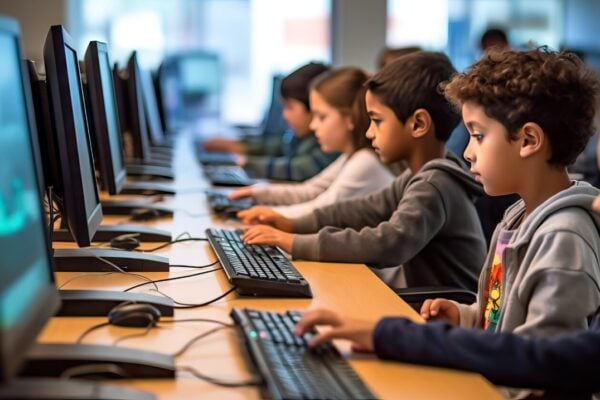
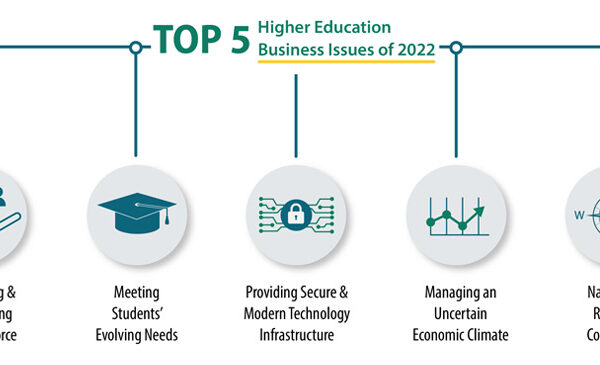
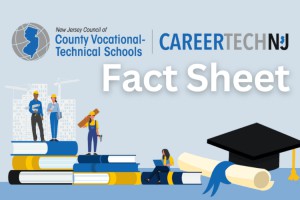
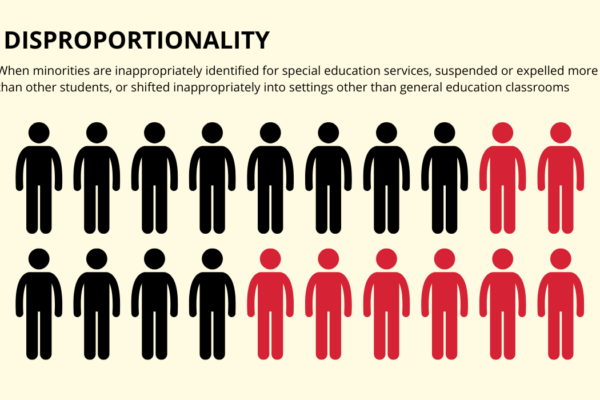
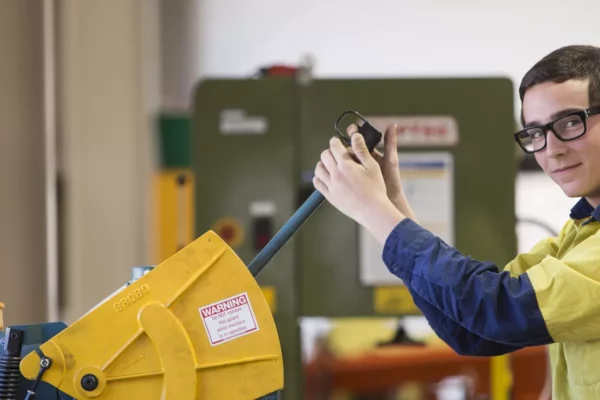


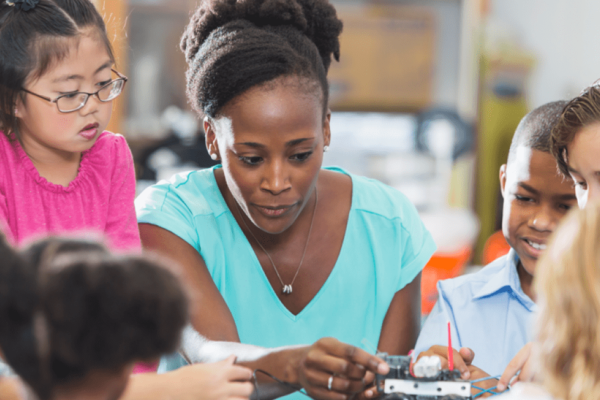
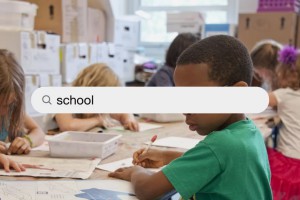
Comments on " Education for All: Bridging the Gap and Empowering Communities" :